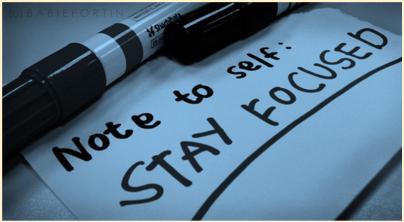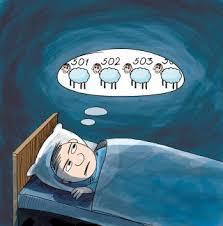
Signs of Increased Vata
With their erratic digestions, people with excess vata can have wind, bloating and discomfort after eating. They might suffer from dry bowels and constipation or maybe bowel problems like irritable bowel syndrome. Women can have irregular cycles and may miss periods due to stress, over activity or being underweight. Their bleeding tends to be light and can be accompanied by cramping pain.
Because vata rules the nervous system, when vata increases you can be
sensitive with a fragile, nervous disposition. Challenges often revolve around staying focused and minimising unnecessary activity and sensory stimulation.

When vata increases you may have a tendency to become scattered and easily overwhelmed from doing too much and overextending yourself. Vatapredominant people can run on empty and become depleted and worn out. Vigorous exercise like running and aerobics will aggravate symptoms even though you may temporarily feel better from it. Gentle exercise like yoga or Tai chi is more suitable and it is equally important to rest and relax.
Poor memory, concentration, disorganisation, fear and anxiety are common when vata is high, and you might experience nervous problems like disorientation, panic attacks and mood swings.
Vata promotes change. Excessive change can lead to over-stimulation and eventually causes depletion of the life force (prana).

Over- activity dries up vital fluids, so the physical body tends to deteriorate and waste away as it does when we get older. Excess vata can cause loss of weight, debility, tremors and premature aging, as well as insomnia, sensory disorientation, dizziness, confusion and depression.

Symptoms of excess vata are also likely to occur at junctions of seasons which are times of vata aggravation. Every adaptation to changed circumstances the body has to make, reduces resistance to disease. Ovulation and menstruation are junctions of the menstrual cycle; dawn and dusk are junctions of day and night; adolescence and menopause are junctions life.
Health is not merely freedom from disease. The ideal in Ayurveda is that body, mind and soul are in a state of ease and harmony so that we can fulfill our dreams and obligations, our role and potential in life, which in Vedic philosophy is known as our dharma.
In Part 3, I will talk about how to stay in balance during this vata time of the year and be prepared for winter!
Part 3 coming soon….
Anne McIntyre
Great Rissington, England
